EU clears Microsoft’s LinkedIn acquisition, deal will close in the coming days
4 min. read
Published on
Read our disclosure page to find out how can you help Windows Report sustain the editorial team. Read more
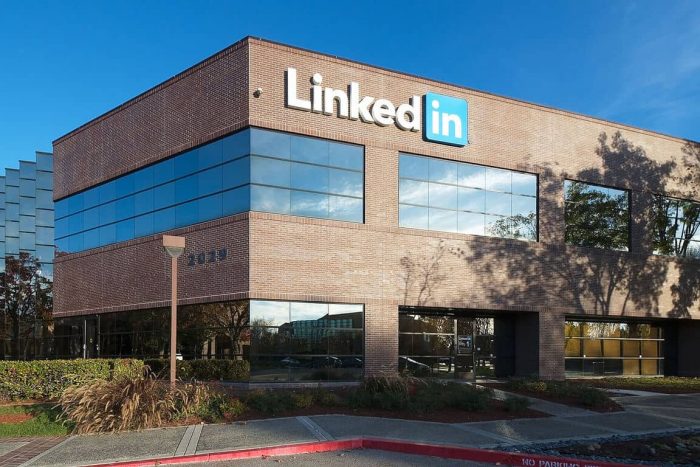
Following Microsoft’s $26 billion takeover bid of LinkedIn earlier this year, the Redmond giant had to obtain many regulatory approvals in the US and other countries to complete its biggest acquisition ever. Today, the European Commission was the last institution which had to rule on the buyout but Microsoft’s President and Chief Legal Officer Brad Smith has just announced that the deal has finally been given the all clear. “We’ve now obtained all of the regulatory approvals needed to complete the acquisition, and the deal will close in the coming days,” he explained.
As Salesforce (which also tried to buy the professional social network) previously made moves to block Microsoft’s acquisition of LinkedIn in the European Union, we reported last month that Redmond promised the EU that LinkedIn APIs would remain available to other companies going forward. Today, Smith reiterated Microsoft’s commitment to let LinkedIn remain an open platform, and these are the five specific points that Microsoft has promised to respect to for the next five years:
- We’ll continue to make our Office Add-in program available to third-party professional social networking services. The Office Add-in program enables developers to integrate their services into Microsoft Outlook, Word, PowerPoint and Excel, providing users an enhanced experience using Office. As we continue to improve this program, these improvements will be available to third-party professional social networking services.
- We’ll continue to make promotional opportunities in the Office Store available to third-party professional social networking services.
- We’ll ensure that IT administrators and users can customize their Office experience by choosing whether to display in the user interface the LinkedIn profile and activity information that may be integrated in the future.
- If we develop a LinkedIn application or a tile for Windows PCs and include it in Windows, we’ll allow PC manufacturers to choose not to install them on their Windows PCs in the European Economic Area, or EEA. Similarly, we’ll ensure that users can uninstall the application and tile if they wish. We also won’t use Windows itself to prompt users to install a LinkedIn application, although it can remain available in the Windows Store and be promoted in other ways.
- In the EEA we won’t enter into agreements with PC manufacturers for pre-installation of a Windows LinkedIn application or tile that would favor LinkedIn on an exclusive basis and thereby bar the distribution of competing professional social networking services.

Interestingly, the Chief Legal Officer also reflected on recent political events such as the Brexit vote in the UK as well as the election of Donald Trump in the US. “On both sides of the Atlantic, it has become increasingly apparent that many people feel left out and unable to participate in the economic growth and opportunities created by the rising digital economy. While technology tools are not a panacea for current economic challenges, we believe they can make an important contribution,” he explained
Indeed, LinkedIn has become much more than a professional social network as of today: it’s increasingly becoming a true economic graph, with many features for job seekers (including freelancers) and professionals wanting to develop new skills with the new LinkedIn Learning platform. “Microsoft and LinkedIn together have a bigger opportunity to help people online to develop and earn credentials for new skills, identify and pursue new jobs, and become more creative and productive as they work with their colleagues,” shared Smith, before adding that both companies could “help governments use better data and analytical capabilities to pursue economic development strategies to help connect people with new opportunities.”
Overall, the exec acknowledged that with great power comes great responsibilities, even though he also admitted that “no single company can come close to solving the many economic challenges that confront the world today.” It remains to be seen how Microsoft will use LinkedIn’s very valuable data to help improve economic opportunities for everyone, but Smith seems quite optimistic about it. “Across the private and public sectors, we all will need to come together and act with a sense of shared responsibility,” he added.
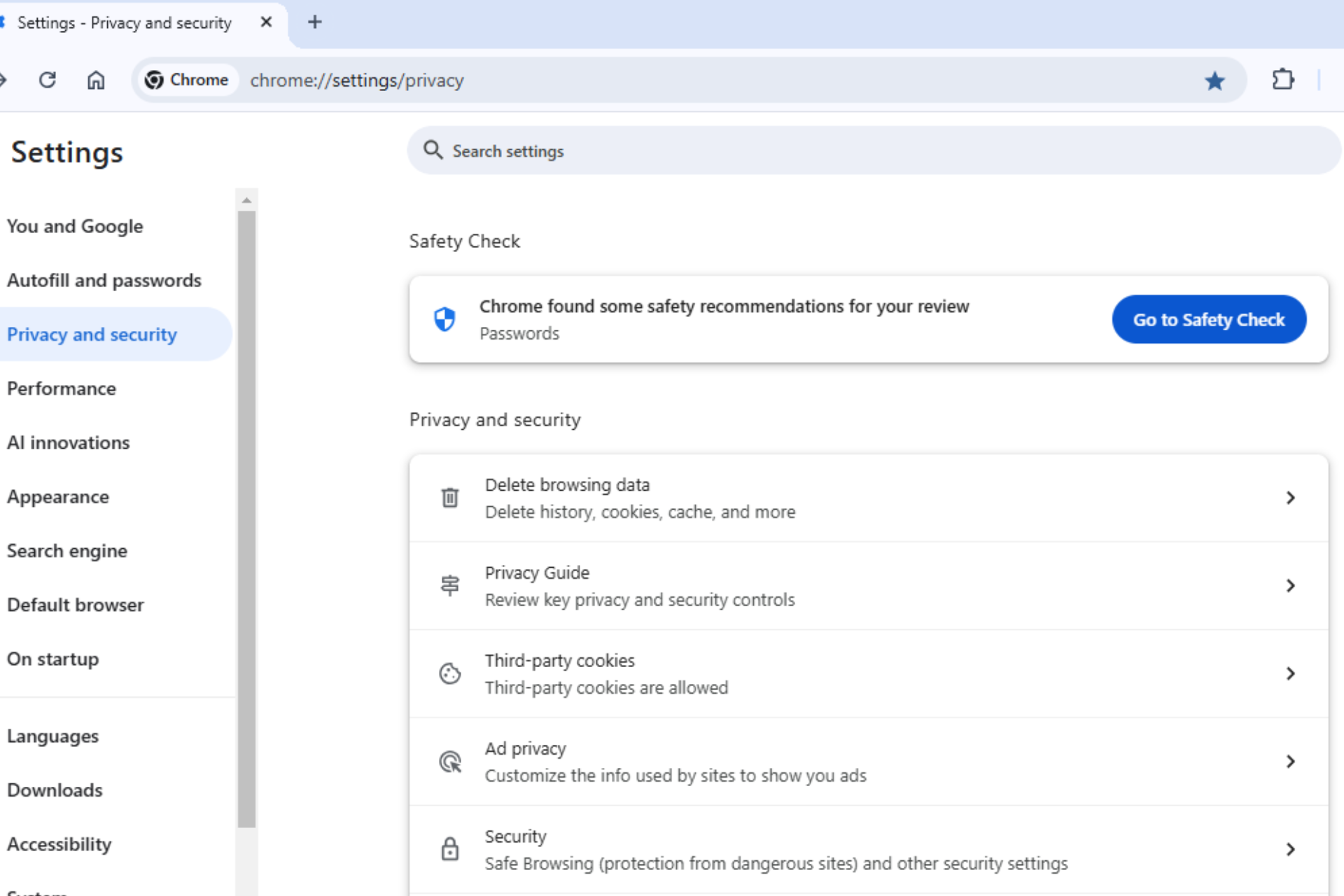
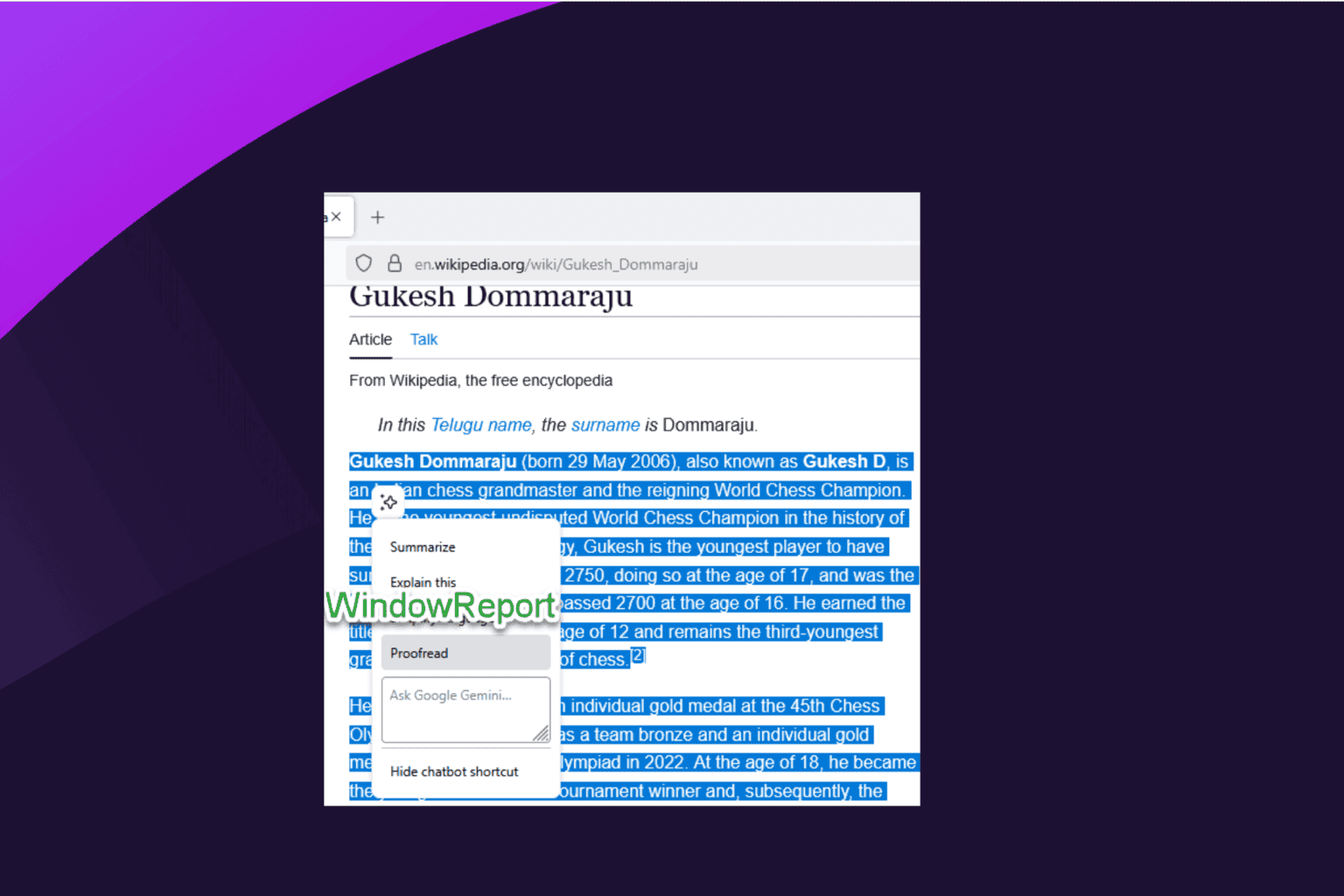
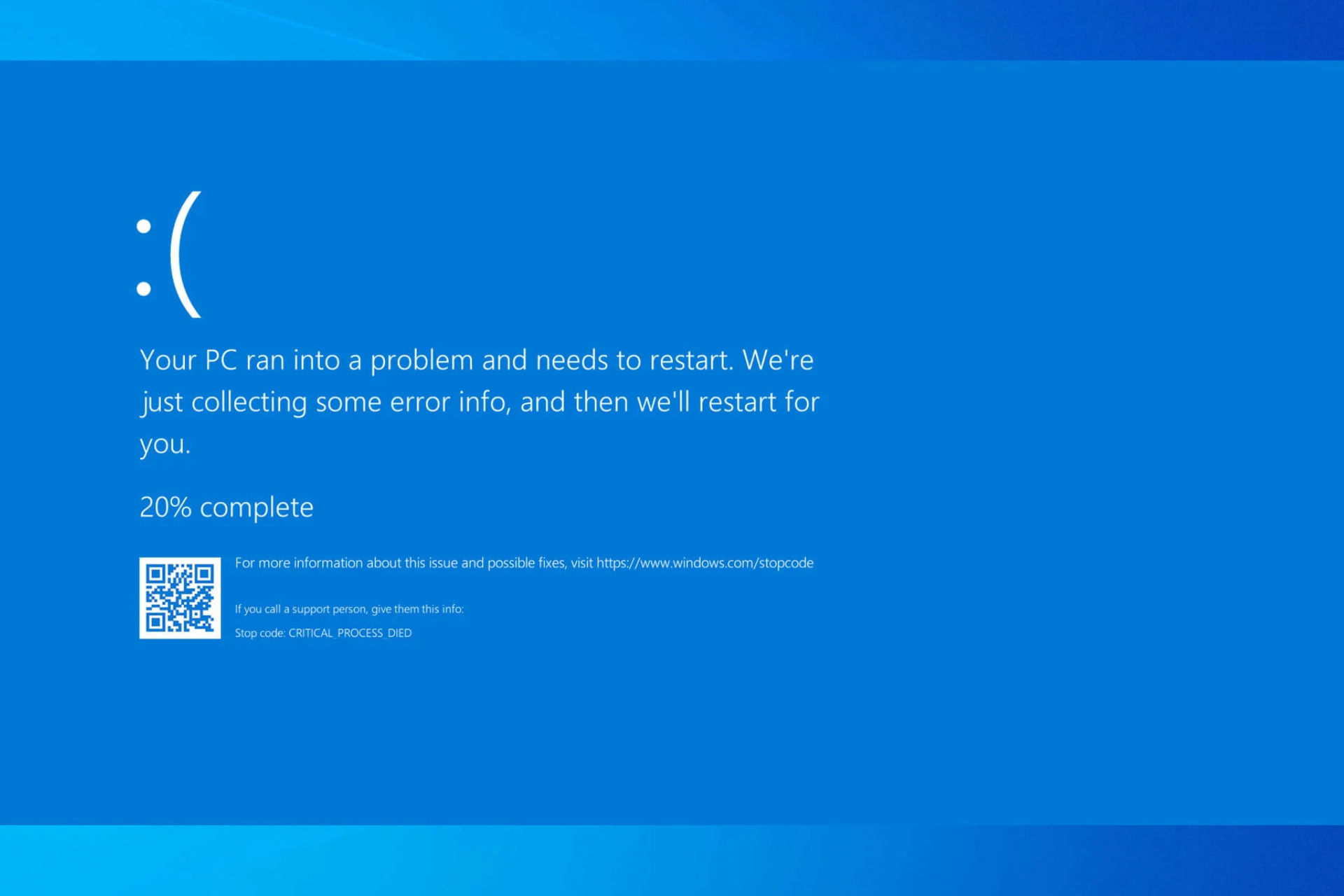
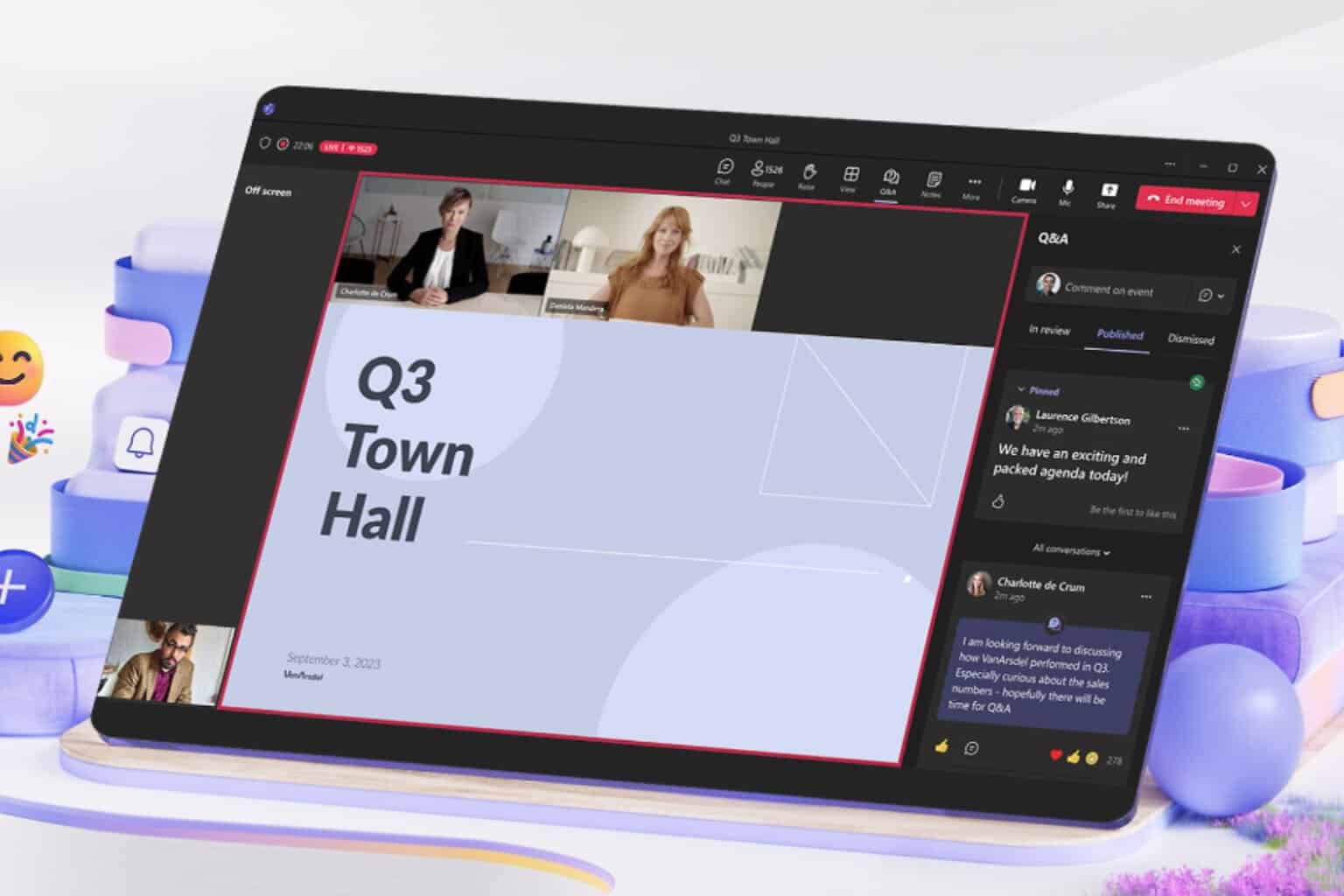




User forum
0 messages